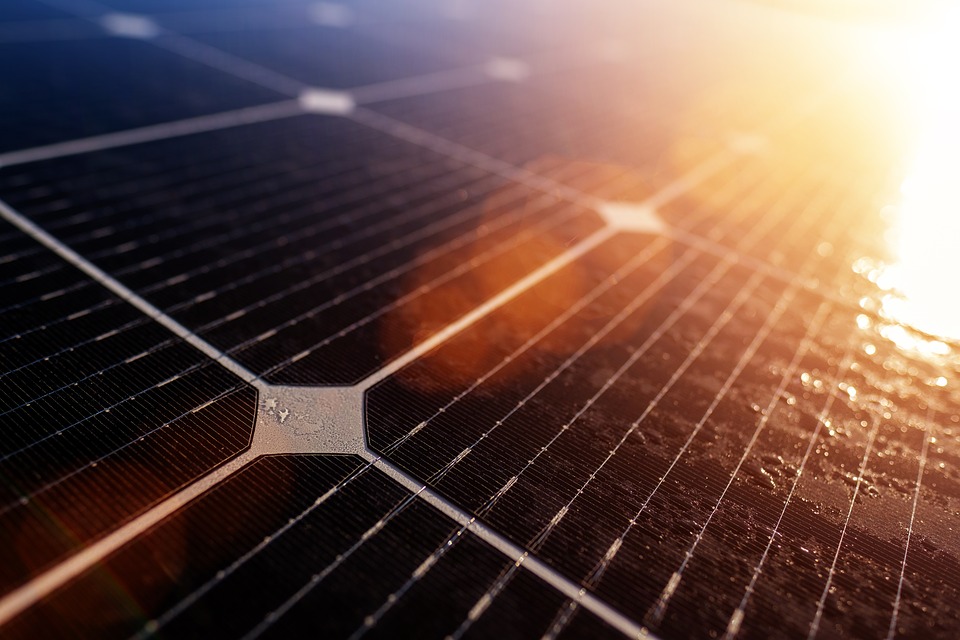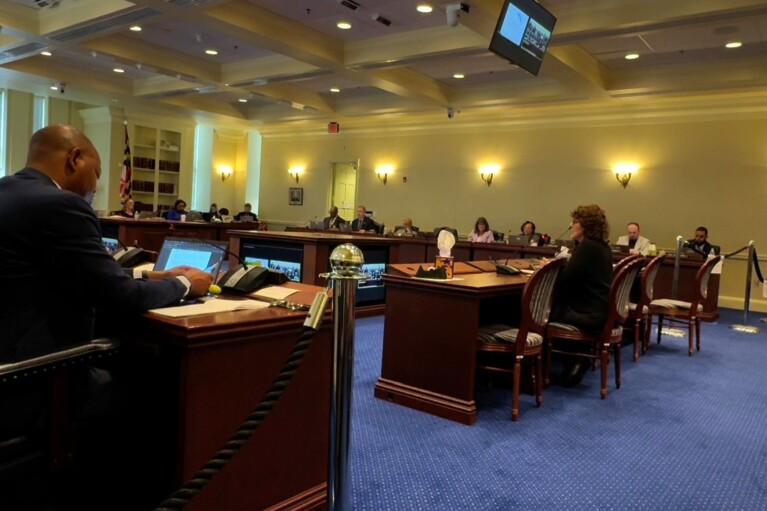Opinion: Consolidated Billing Would Open Door to Solar Access for All Marylanders

By Gary Skulnik
The writer is CEO and founder of Neighborhood Sun Benefit Corp.
The promise of solar energy should be available to all, not just the select few.
At Neighborhood Sun, a Maryland Benefit corporation, we make solar accessible to everyone through community solar — which allows anyone who pays an electric bill to subscribe to a local solar project and enjoy nearly all the same benefits of rooftop solar, without any of the associated costs. Because the solar is offsite, even renters or people with unsuitable roofs can participate.
Community solar is key to addressing energy equity by increasing access to affordable clean energy for low- and moderate-income (LMI) residents — something Neighborhood Sun is doing through our Solar Helps Advance Resident Equality Program and Neighbor Benefit Fund. But despite the best of intentions, the community solar program in Maryland isn’t working for many low- and moderate-income families.
We want to change that.
Fortunately, we aren’t the only ones. Del. Luke Clippinger has introduced a bill in the Maryland General Assembly, HB818, that would benefit community solar subscribers, especially LMI residents, by allowing companies like Neighborhood Sun to consolidate community solar credits and charges together on one single electric bill.
Passing HB818 is the single most important action we can take right now to open the community solar market to our most underserved communities in Baltimore and throughout the state. The bill has passed in the House and has had a committee hearing in the Senate.
Under current regulations, a resident who signs up for community solar in Maryland must either provide some alternative form of payment, such as a credit card or bank automated clearinghouse, or sign away their legal rights to run their own utility account.
Our experience in the market during the past four years has taught us that this framework doesn’t work for low-income residents, who often do not have access to credit cards or bank accounts. Despite these hurdles, we’ve made a concerted effort to work with underserved communities, where we’ve been able to save residents money while they support local solar projects that clean our air and reduce our climate impact. But the work is far from over, and we will be able to do so much more if the barriers to participation are lowered.
Moving to utility consolidated billing for LMI community solar customers will remove the need for credit cards or banks. And it will do even more — it will also allow us to provide larger shares of community solar projects to those most in need of solar access.
Currently, we must give a smaller solar share size to lower-income residents because of the lack of visibility in community solar programs. Because it’s difficult to see how much energy assistance LMI customers may be receiving from the state, there’s a concern that they will actually get too many community solar credits — which would defeat the purpose of the program by negatively impacting their savings. Once HB818 passes and we can use consolidated billing, this issue will go away, allowing community solar credits and energy assistance credits to appear side-by-side on one single utility bill.
There’s a lot of talk in political circles and among clean energy business groups about the need to address energy equity and correct the wrongs done by decades of environmental racism. Now is the time to move beyond the talk and to take concrete action. The action we need is for Maryland to adopt this bill and open the door to community solar for many more lower-income residents.
Neighborhood Sun is proud to be the only community solar company in Maryland on the front lines supporting this bill, but we need others to rise to the challenge and join us. The time is now, and the stakes are too high to sit on the sidelines of the fight for energy equity in the community solar space.




 Creative Commons Attribution
Creative Commons Attribution